We - @gmfus and @GeorgetownLaw - have a new report out today on CPEC and the BRI. A few summary points from it in this thread, along with some of the photos for anyone who just wants to look at them instead… gmfus.org/publications/r… 1/17
The report tries to tell a story rather than just giving a single analytical snapshot, given that CPEC has been, and remains, a moving target. Significant momentum from launch to late 2017; then a major stalling and slowdown; now a modest revival 2/ 
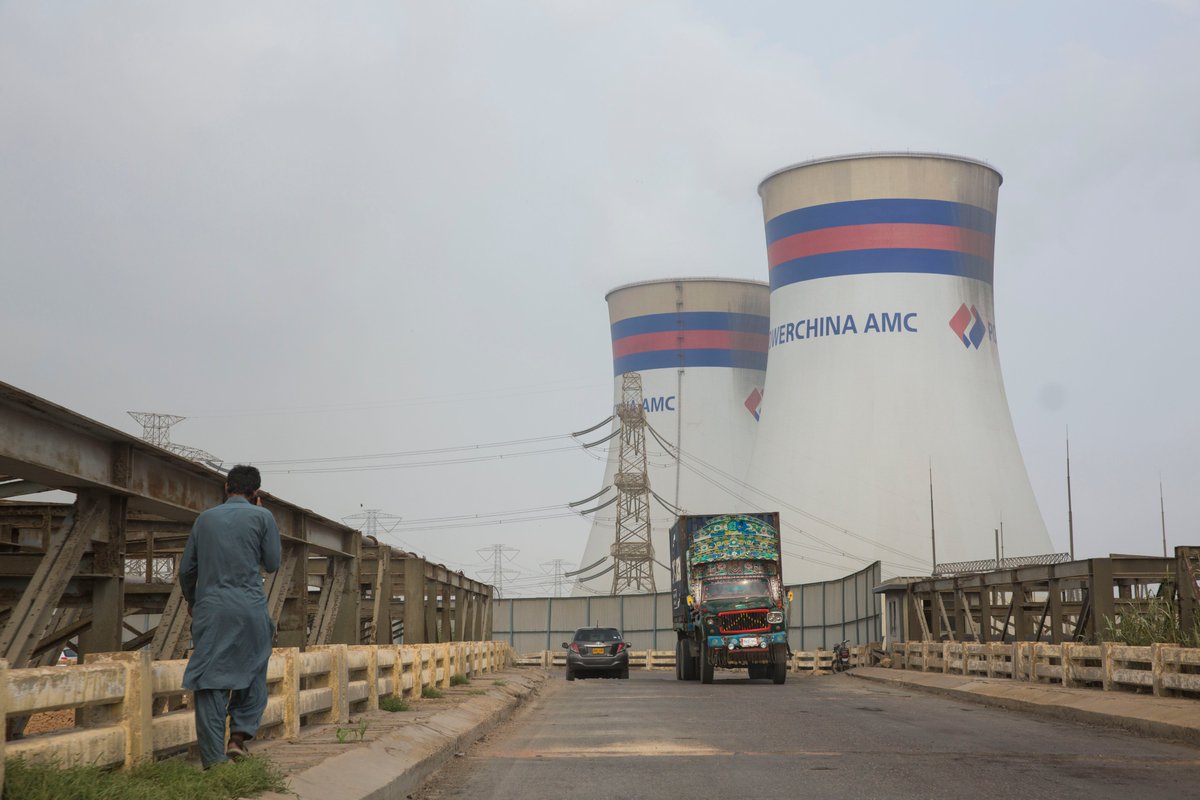
Scored against the original objectives set by the Chinese and Pakistani governments, CPEC is a disappointment. It hasn’t been a “game-changer”, and it has been years since anyone on the Chinese side seriously talked about it in such transformative terms 3/ 

That doesn’t necessarily make it a failure. There is still a significant volume of projects in motion, and it is clearly an upgrade to the Sino-Pakistani economic relationship pre-CPEC, which was extremely weak. The smaller scale also means the debt situation is more manageable 4 
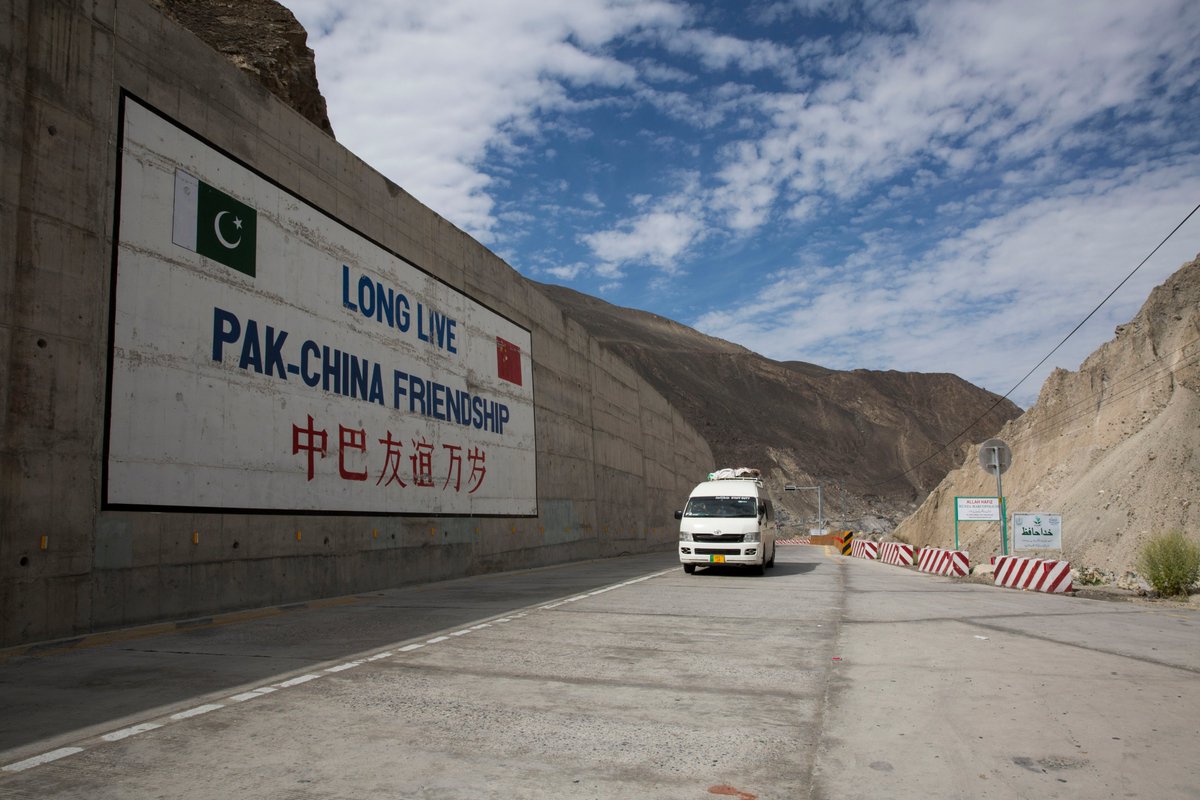
The energy projects have moved ahead at a good pace; other infrastructure projects at a more modest one; Gwadar slowly; special economic zones glacially. But even the energy projects have not been great for the Chinese firms involved given (predictable) payment shortfalls 5/ 
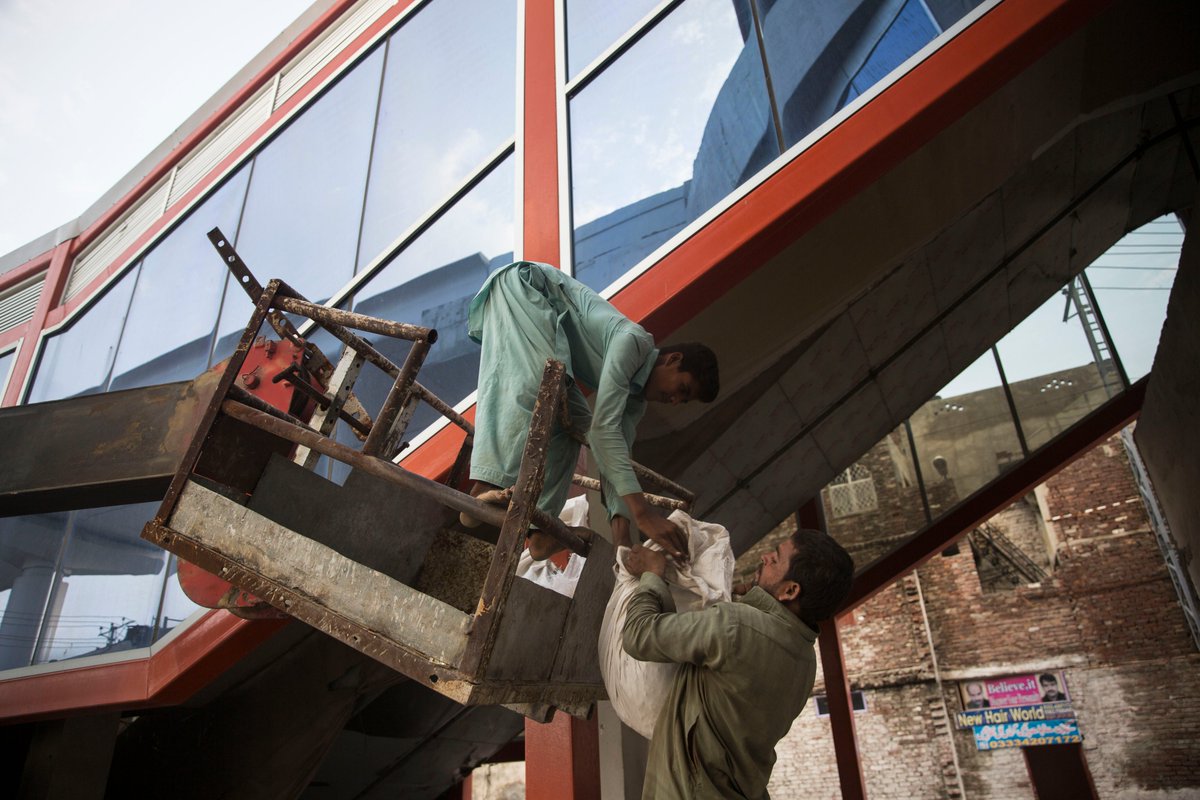
Despite all the predictions about security threats, CPEC’s main challenges have been Pakistan’s problematic economic situation over the last three years, and its internal politics - on which count, from China’s perspective 2018 was a particularly damaging year 6/ 
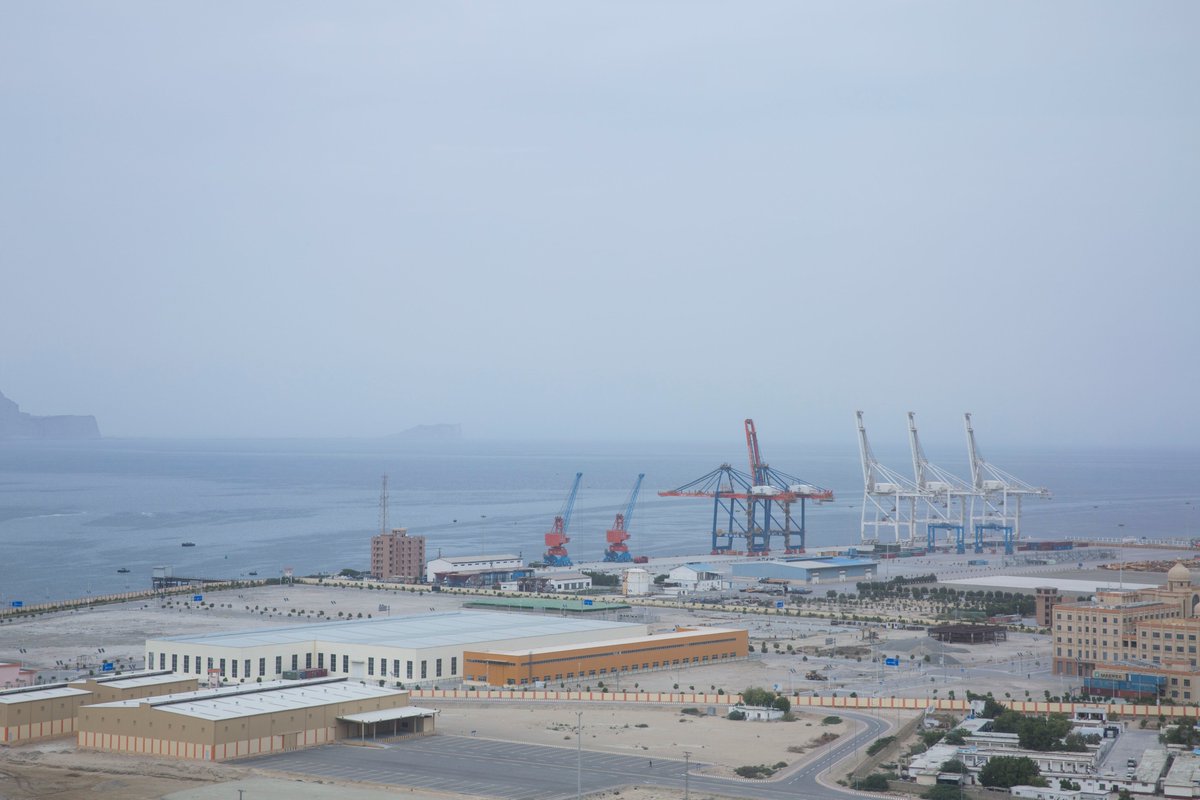
Imran Khan and the PTI had legitimate concerns about CPEC, which wasn’t a good fit for their priorities in the form that it took. But China had banked on continuity with Nawaz Sharif and was very unhappy about the process that saw a more skeptical government take over 7/ 

In normal circumstances, the political and economic difficulties would just have resulted in a quiet downscaling of CPEC, which is where we were headed last year. As one Chinese official put it to me: “We can do peanut projects instead of mega projects, if that’s what they want” 

However, the narrative around CPEC has become as important as the substance, and all the more so since it got caught up in the US-China battles over the reputation of the BRI. CPEC has to be seen to be moving ahead, and it has to be seen to be a success 9/ 
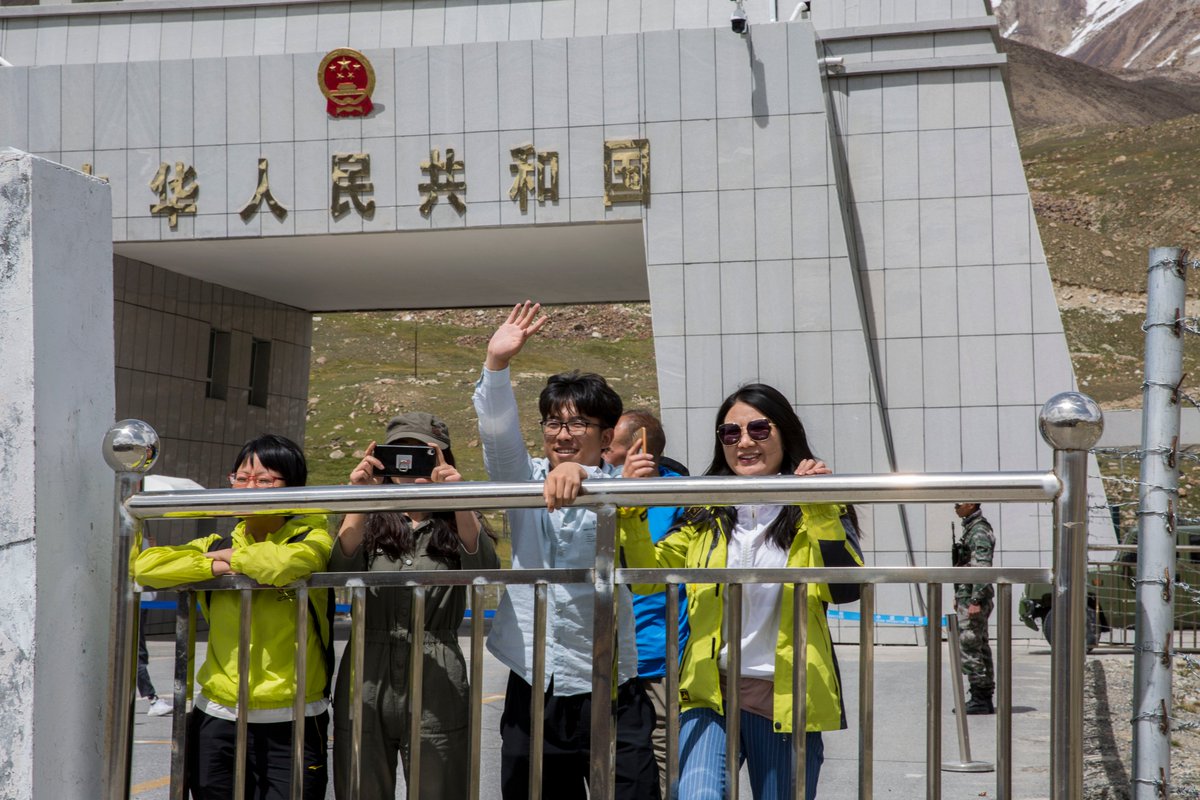
Add to this the need to generate economic activity amid the current downturn, and CPEC is back in motion again. It’s still hard to see the maximalist version returning but there will be a decent enough package to put on a good show for Xi’s visit when it happens 10/ 
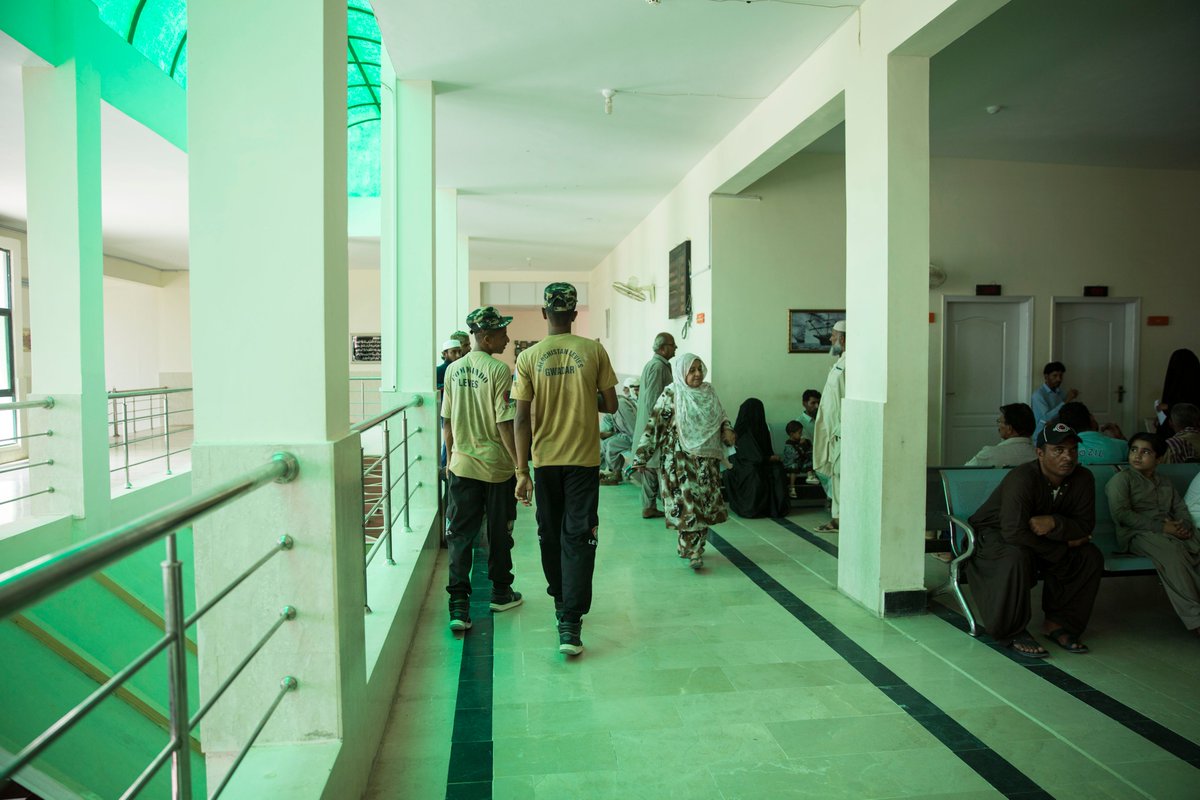
This new momentum has not come about as a result of China finding a new “BRI 2.0” that’s better attuned to the various economic and political concerns around CPEC though. It’s the result of the army taking control and pushing it forward 11/ 
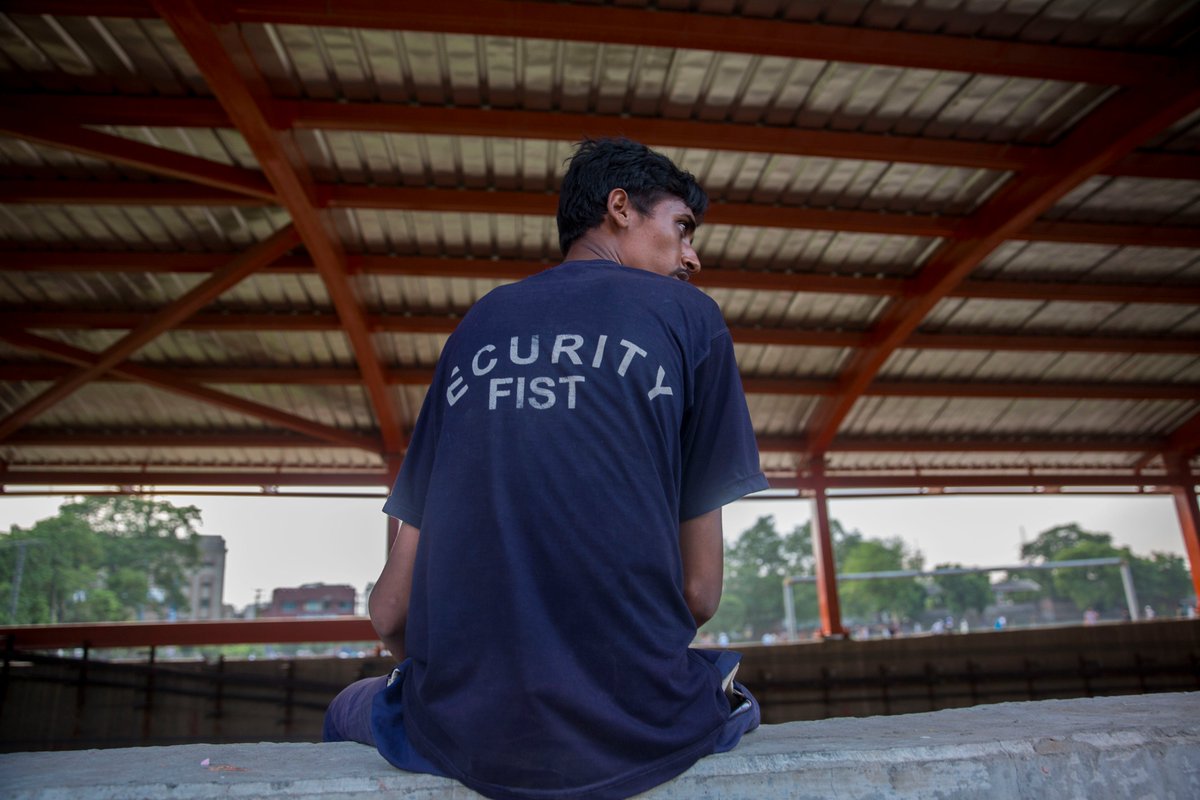
For the China-Pakistan relationship, that’s really a reversion to the old model - in which Beijing relied on the army for any major economic projects (nuclear plants, mil-ind cooperation, and back to the KKH) - but on a grander scale 12/ 
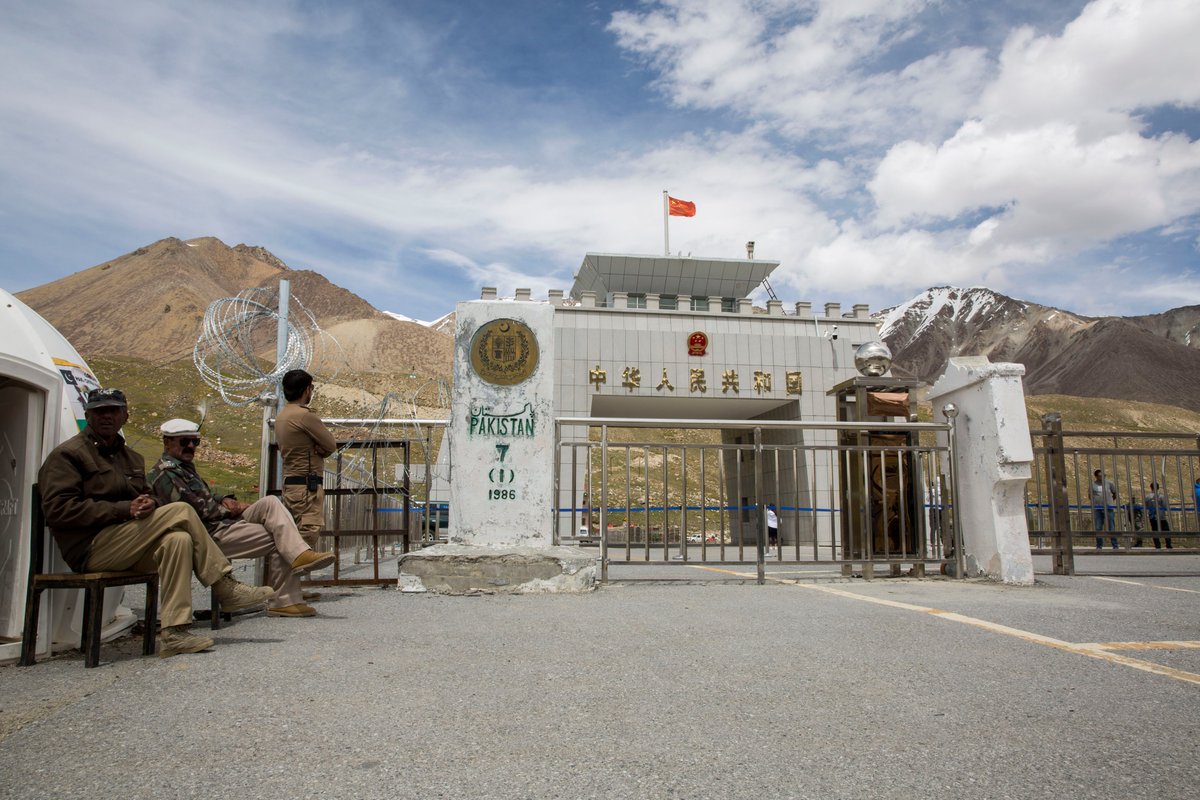
China a few years back repeatedly talked about, in effect, Pakistan learning lessons from the Chinese experience - reform and opening (and SEZs), managing the relationship with India, the economic fundamentals of national power. Not so much now. 13/ 

Instead, any ambitions for CPEC to push the China-Pakistan relationship beyond its traditional security-centric framework have faded. CPEC is, rather, increasingly embedded in that framework. Wider dynamics with India and with the US are further reinforcing this trend 14/ 

This certainly does not leave a showcase for the BRI that other countries will see as a template. China is also less likely to pursue BRI investment clusters with this scale of developmental ambition again - the CPEC experience has demonstrated that it’s too difficult to pull off 
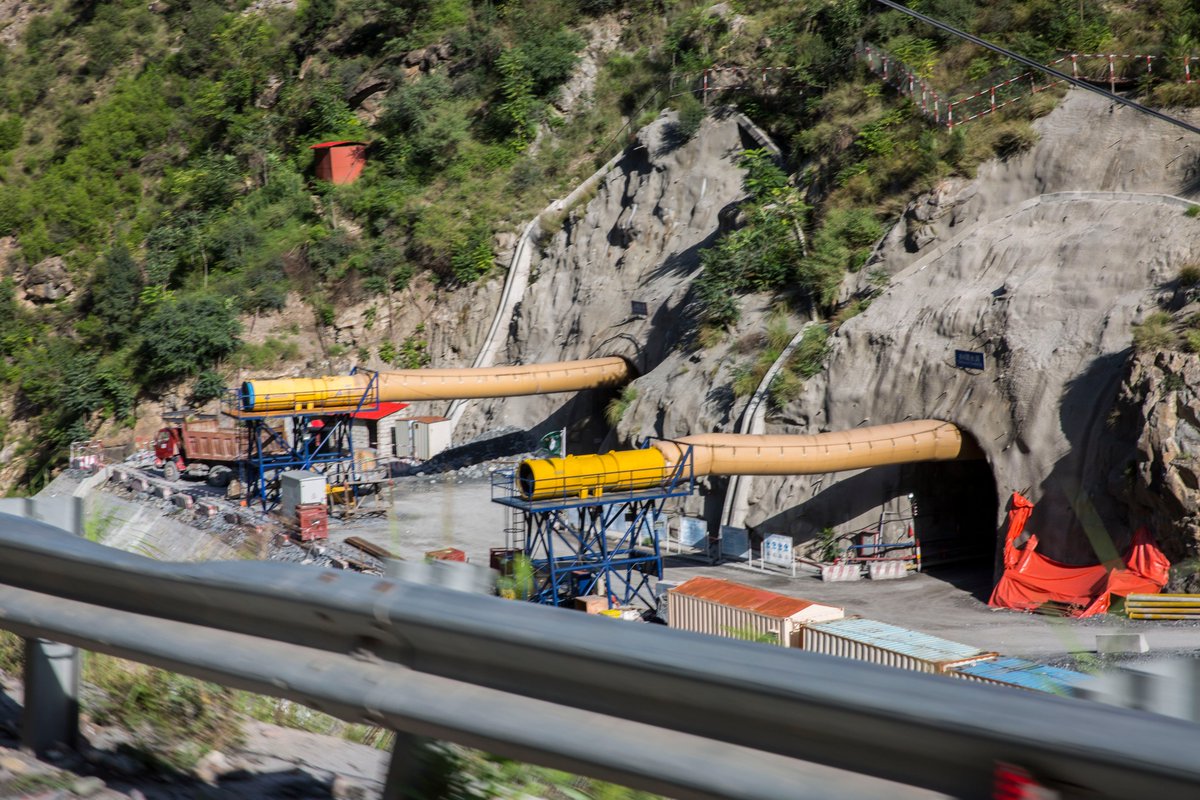
Two asides. The “corridor”: CPEC was never intended as some great thoroughfare from Xinjiang to Gwadar; it still isn’t. The logistical obstacles haven’t changed. Size: the Chinese numbers have been conservative and relatively reliable. That currently appears to be c.$25bn 16/ 

Finally, these are just my conclusions. Most of the report is written in a way that means you can draw very different ones. CPEC is a politically charged topic. I’ve tried (though doubtless failed) to step back and to assemble material that will be useful however you view it... 

• • •
Missing some Tweet in this thread? You can try to
force a refresh





